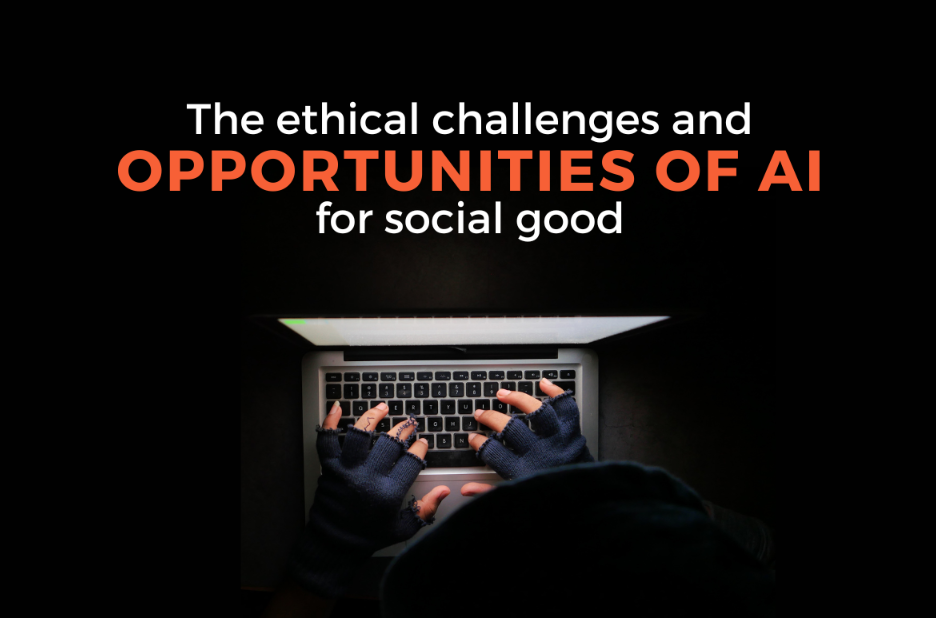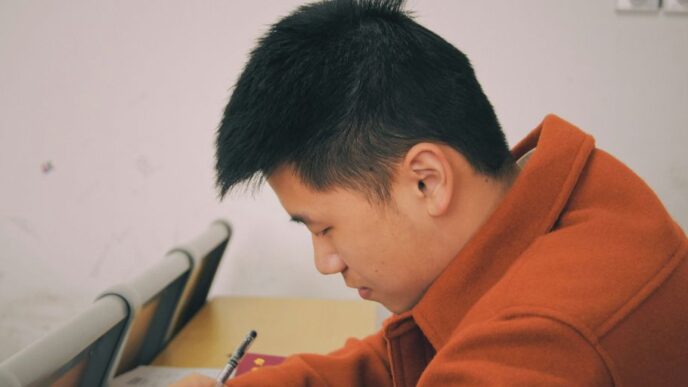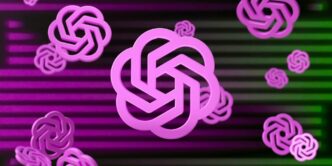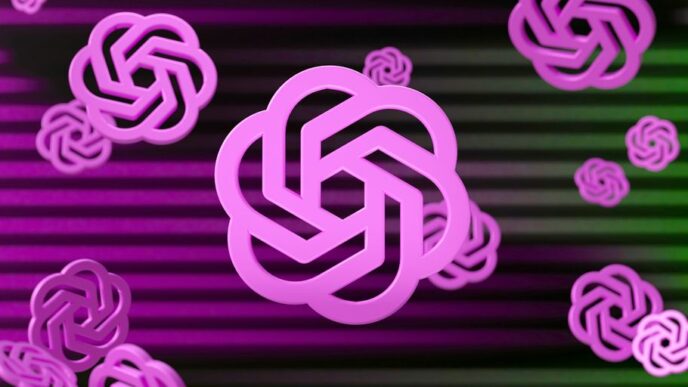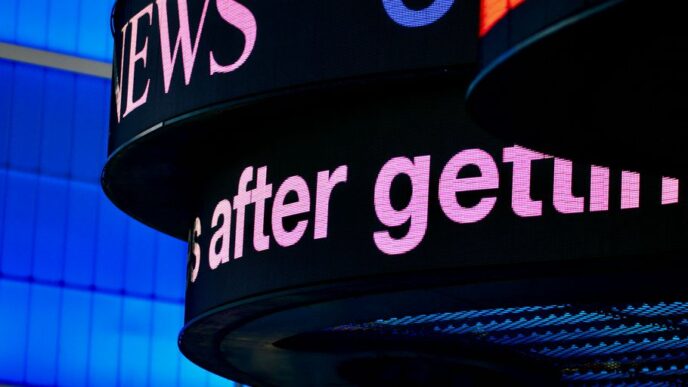Artificial intelligence (AI) is a powerful tool that can help us solve some of the most pressing problems facing humanity today. From climate change to health care, from education to human rights, AI has the potential to make a positive impact on the world and improve the lives of millions of people. But AI also comes with ethical challenges and risks that need to be addressed and mitigated. How can we ensure that AI is used for good and not for evil? How can we balance the benefits and harms of AI for different stakeholders and communities? How can we promote fairness, accountability, transparency, and human dignity in AI systems and applications?
These are some of the questions that researchers, practitioners, policymakers, and civil society organizations are grappling with as they explore the opportunities and challenges of AI for social good. AI for social good (AI4SG) is an interdisciplinary field that aims to use AI to advance the Sustainable Development Goals (SDGs), a set of 17 global goals that address the most urgent social, economic, and environmental issues of our time. AI4SG encompasses a wide range of domains and applications, such as disaster response, humanitarian aid, health care, education, environmental protection, human rights, and more.
One of the key challenges of AI4SG is to ensure that AI is aligned with the values and needs of the people and communities it serves. This means that AI should be designed and deployed in a participatory, inclusive, and respectful way, taking into account the local context, culture, and preferences of the users and beneficiaries. It also means that AI should be evaluated and monitored for its impact, both positive and negative, on various dimensions of human well-being, such as health, happiness, safety, freedom, and justice.
Global Triangles, a dynamic IT company headquartered in Mexico, specializes in providing IT staff augmentation services for clients in the USA, with a proven track record of successfully implementing AI solutions. These solutions significantly enhance task completion times, elevate quality standards, and drive cost savings.
Cynthia Martínez, Vice President of Talent at Global Triangles, underscores the company’s commitment to ethical AI practices within its organizational framework. She articulates, “Global Triangles, as an innovative IT company, places a strong emphasis on ethical considerations in the development and deployment of AI solutions. The principle of ‘do no harm’ is not just a guiding philosophy; it’s a commitment. The company rigorously evaluates potential risks and benefits before implementing AI, ensuring that its solutions align with core values. Community involvement is paramount, fostering a collaborative approach that empowers individuals and ensures the responsible use of AI technology.”
AI for social good is a promising and exciting field that can make a difference in the world. But it also requires careful consideration and collaboration among various actors and stakeholders. As Tomašev et al. (2020) writes: “The challenges facing our world today have grown in complexity and increasingly require large, coordinated efforts: between countries; and across a broad spectrum of governmental and non-governmental organisations (NGOs) and the communities they serve. These coordinated efforts work towards supporting the Sustainable Development Goals (SDGs), and there continues to be an important role for technology to support the developmental organisations and efforts active in this field to deliver the highest impact.” By using AI resposibly and ethically, we can harness its power for good and create a better future for everyone.
There are many examples of how AI is being used or could be used for social good in various domains and contexts. Here are some of them:
- In disaster response, AI can help with disaster prediction, detection, assessment, response coordination, damage estimation, resource allocation, communication, rescue operations, recovery planning, etc. For example, Google’s Crisis Response team uses AI to provide timely and accurate information to people affected by natural disasters or humanitarian crises through tools such as Google Public Alerts or Crisis Map.
- In humanitarian aid, AI can help with humanitarian logistics, needs assessment, distribution planning,monitoring and evaluation,etc.
For example, the World Food Programme uses AI to optimize its food delivery operations, reduce food waste, and improve food security. - In health care, AI can help with disease diagnosis,treatment,prevention,research,etc.
For example, IBM Watson Health uses AI to support health care professionals in making better decisions, improving patient outcomes, and reducing costs. - Finally, In education, AI can help with personalized learning, adaptive assessment, curriculum design, teacher support, etc.

